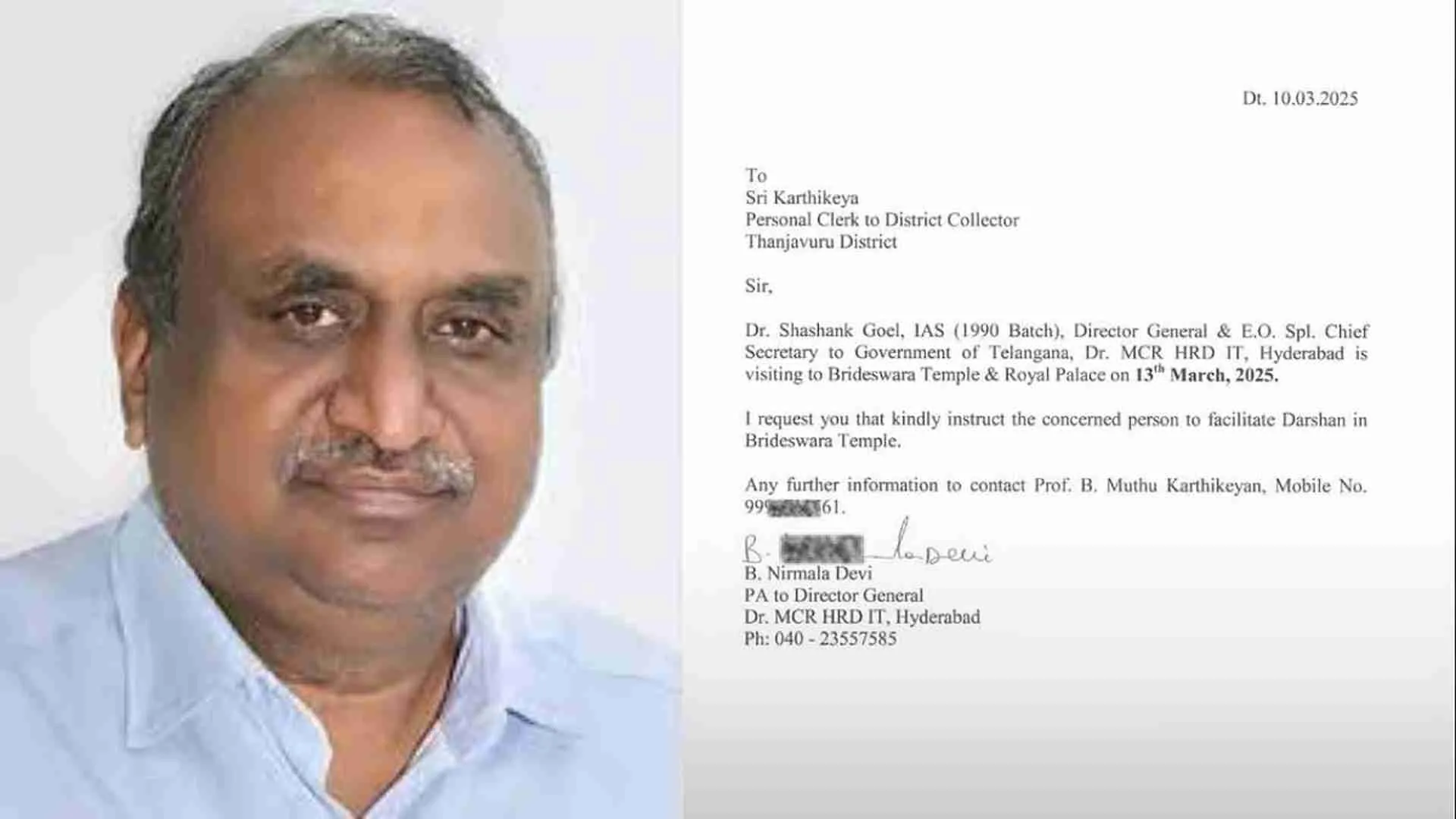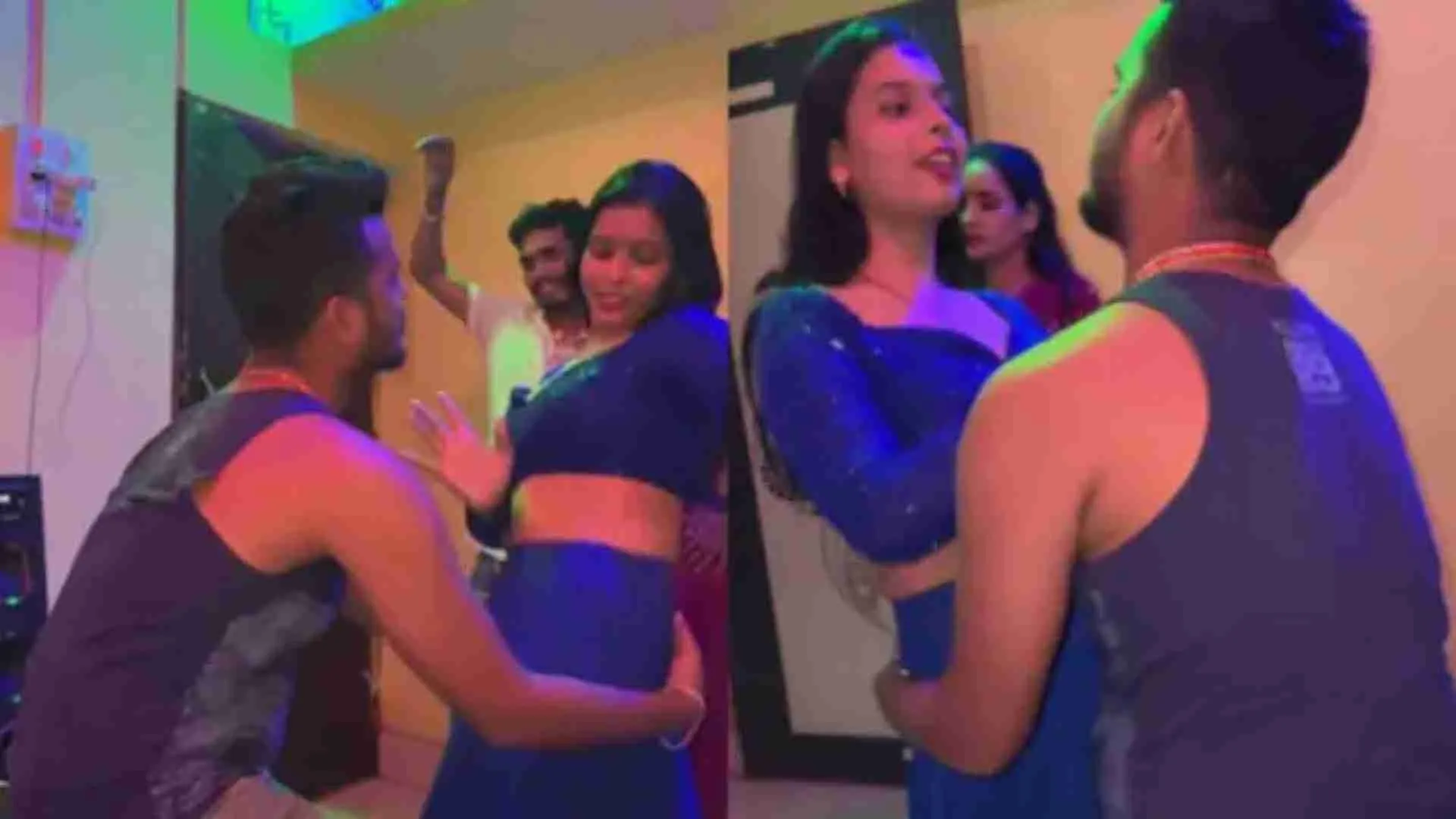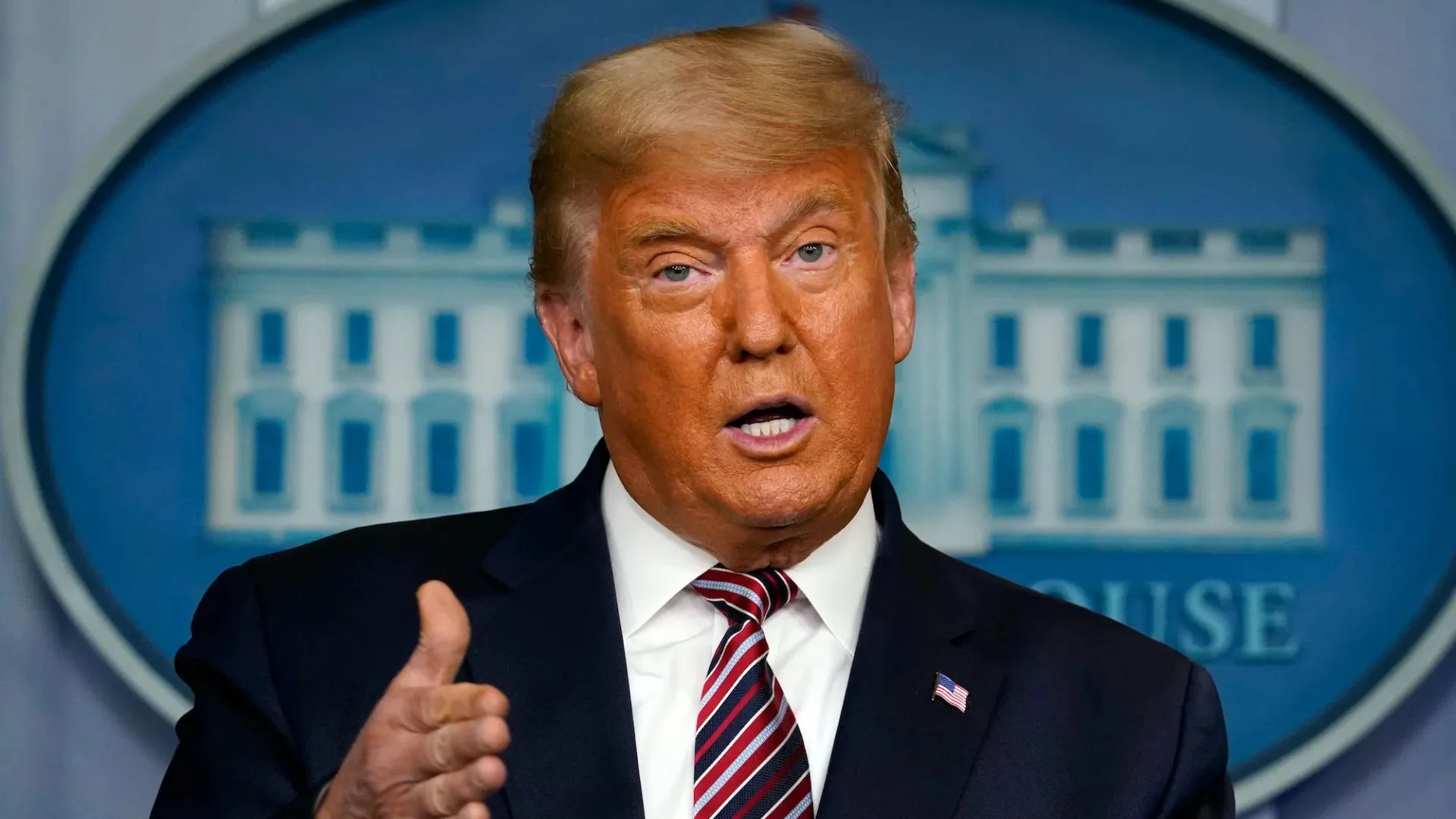A typed document purporting to show an IAS officer seeking special VIP darshan at a famous Tamil Nadu temple has gone viral, igniting intense debate over the misuse of power by government officials. The digital copy, shared by X user Dr. Aniruddha Malpani MD, has drawn sharp criticism from netizens who condemn such privileges while ordinary devotees endure long queues.
The Controversial Document
The document, reportedly drafted by the Hyderabad Dr. MCR HRD Institute of Telangana, allegedly details a request for VIP darshan arrangements at the Brihadeeswara Temple—though the letter mistakenly spells the temple’s name as “Brideswara.” It was addressed to an official in Thanjavur by B. Nirmala Devi, the personal assistant to Dr. Shashank Goel, IAS (1990 Batch), who assumed the role of Director General & E.O. Spl. Chief Secretary to the Government of Hangana in 2023. The letter, dated ahead of Goel’s visit to Tamil Nadu on March 13, 2025, explicitly asks for preferential treatment at the temple.
Public Outcry and Social Media Reactions
Dr. Aniruddha Malpani MD, who posted the letter on X, lashed out at what he described as the misuse of official power for personal gain. “How #IAS officers misuse their position to get VIP darshans! Why are we so spineless that we put up with this rubbish?” he wrote, echoing widespread public discontent. Critics have noted that similar VIP privileges are often extended to politicians, challenging the notion of equality before the law and reinforcing calls for a reassessment of special treatment within democratic institutions.
Authenticity and Implications
Questions have been raised about the authenticity of the document due to its informal format—issued on plain paper rather than official letterhead—and the spelling error regarding the temple’s name. While some suggest the document might be staged or a parody, others argue it highlights a recurring issue of elite privilege in access to religious and public services.
A Broader Debate on VIP Culture
The incident has intensified discussions about VIP culture in India. Critics argue that when government officials and politicians exploit their positions for preferential treatment, it undermines the democratic principles of equality and fairness. Social media users have taken to online platforms, with many urging authorities to reexamine and curb such special privileges to ensure that all citizens are treated equally.
As the controversy unfolds, the authenticity of the document remains in question, but the public reaction is clear: there is a growing demand for transparency and fairness in the allocation of VIP privileges.




















